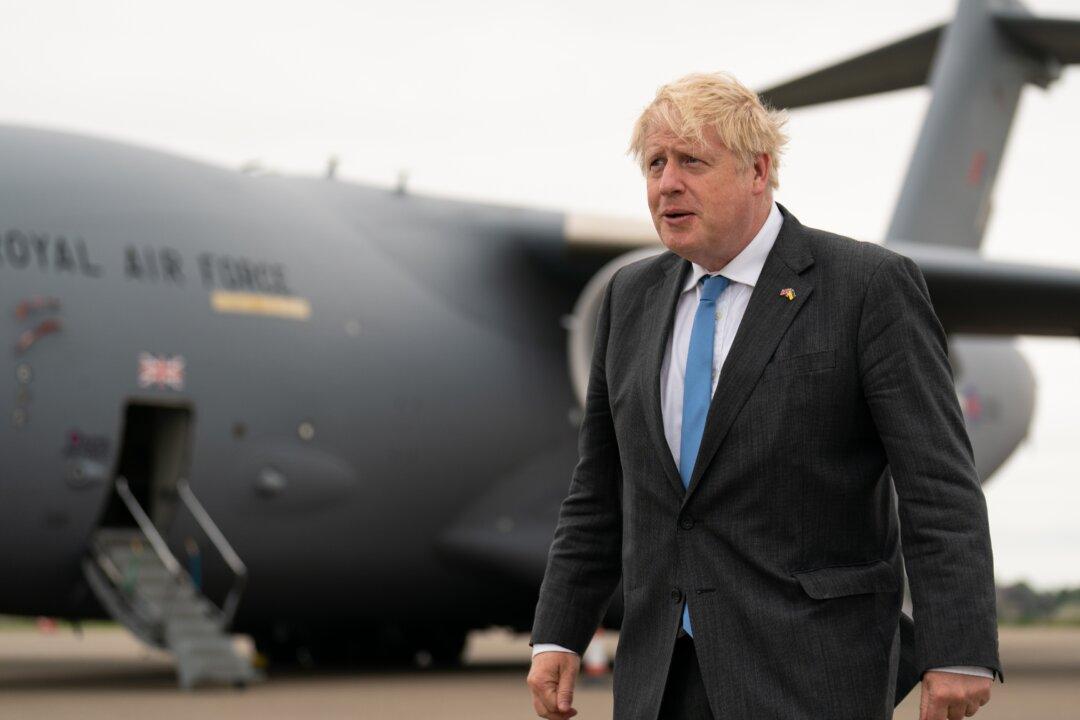British Prime Minister Boris Johnson on Sunday set out a four-point plan to support Ukraine.
He also warned against “Ukraine fatigue,” saying it’s “very important to show the UK is in for the long haul.”

British Prime Minister Boris Johnson on Sunday set out a four-point plan to support Ukraine.
He also warned against “Ukraine fatigue,” saying it’s “very important to show the UK is in for the long haul.”